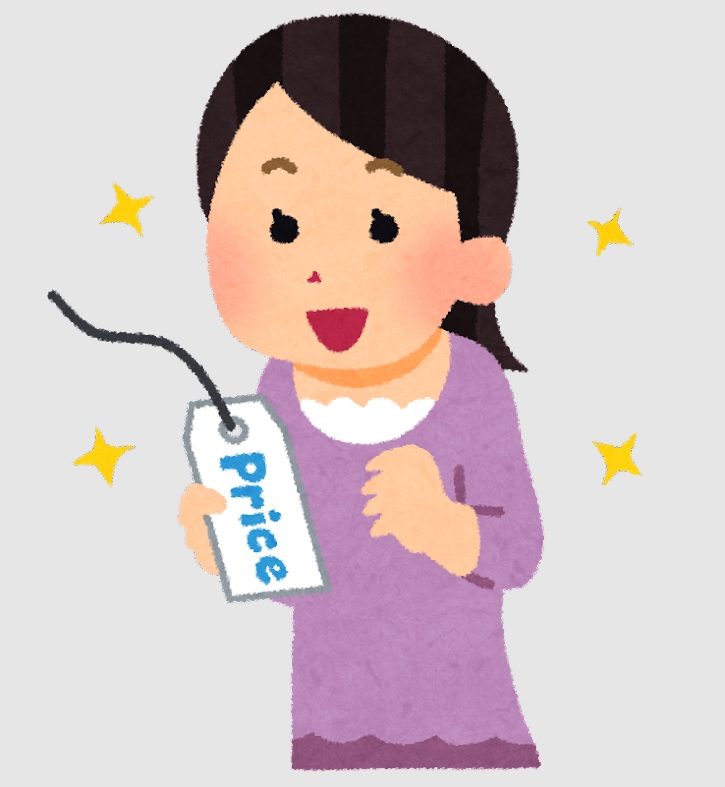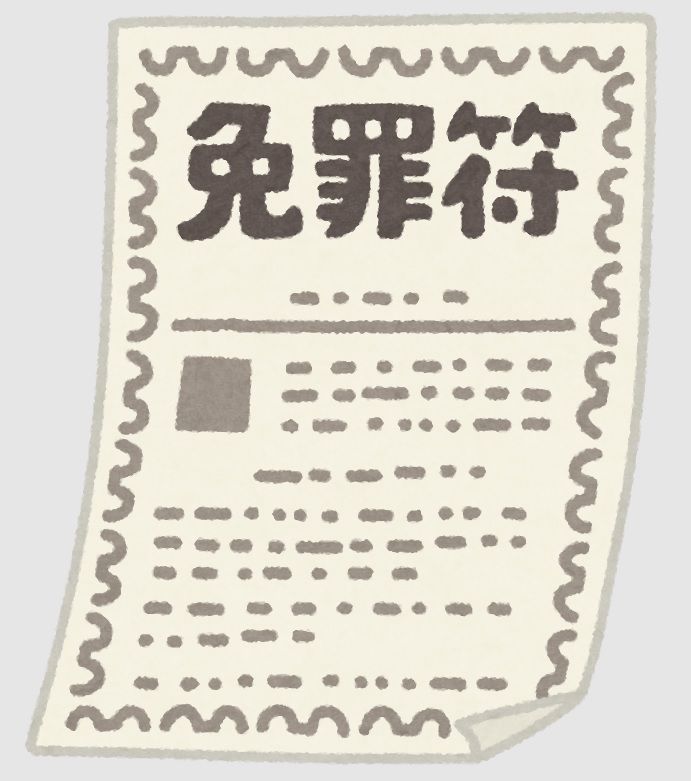「ほぼ100%負債|携帯も家も、お金を効果的に使う方法」
〜前回のつづき〜
●浪費の川をせき止めて、賢くお金を守る方法(つづき)
(1)浪費の川をせき止める(つづき)
.jpg)
(出典:リベラルアーツ大学)
b)携帯は格安SIMを使う

大手キャリアから変えるだけで
大体5000円毎月安くなります。
ということは
年間6万円安くなるということです。

「月額5000円?そんなのいいや!」
と思ったりするかもしれないですけど
やはり大きいですよ。
年間6万円ですからね。
仮に5000円安くなるという事は
税金を考えると
6000円以上の価値があるんですよ。
これが大事なところで
5000円使うためには
5000円以上稼がないといけないですね。
なぜかと言うと
あなたの給料というのは
所得税や住民税などの
税金がかかってくるので
5000円を
税引き後で使おうとすると
6000円ぐらい稼がないと
いけないんですね。
なので
実際このコストを下げるというのは
同じ事が出来てコストが下がる
毎月の固定費が下がるというのは
すごく大切な事なので
是非やってほしい。
c)家を買わない

マイホームのほとんどが
負債なんだという事。
これをやはり買ってしまう。
『しまう』と言うと
買った人が悪いみたいに
聞こえてしまいますが
別にそういう意味ではなくて
ただお金の意味だけで言うと
マイホームはほとんどが負債で
資産にはほぼならないんですよね。

「マイホームは資産だ!」
と言って買う人もいますが
ほとんど資産にならない。
たとえば
3千万円で売れる家があったとする。
3千万円の経済的価値のある家を
4千万円+金利で買ってる人が
ほとんどです。
これが仮に3千万円で売れる家が
2千万円で売ってるんだったら
借金してでも買った方が得ですよね?
お金持ちとか資産家というのは
こういう買い物の仕方を
するんですよね。
家が2千万円で
売ってたから安いとか
1億円だから高いとか
そういう事じゃないんですよね。
1億円の家であったとしても
1.5億円で売れる家なんだったら
それこそ借金してでも買うべきです。
6億円ぐらいの家が
12億円で売れたという
事例もあります。
資産家とかお金持ちという人は
そういう買い方をするんですよね。
これは覚えておいてほしい。
郊外の新築戸建てのニーズは多い。
マイホームを買うのであれば
新築がいいというのは多いと思いますが

ほぼ100%負債になるんですよね。
なので
どうしたら上手に買えるかとか
他の考え方というのも
今までのお話しの中に出てきてますので
読んでほしいと思います。
〜〜〜つづく〜〜〜
Special Thanks college president Ryo.

●おまけ
≪≪Chat-GPTくんによる要約→perplexityちゃんによる文章まとめ≫≫
お金を賢く守るためには、いくつかの戦略があります。
まず、携帯電話の通信費を削減することが効果的です。格安SIMに乗り換えることで、月5,000円、年間60,000円の節約が可能です。税引き後の実質的な節約額はさらに大きくなります。
住宅購入においては、より慎重なアプローチが求められます。多くのマイホームは実際には負債であり、資産とは言えません。重要なのは、物件の現在価値と将来の売却価格を冷静に分析することです。
特に新築の郊外戸建ては、ほぼ確実に資産価値が下がります。賢明な不動産投資は、安く購入し、価値を維持し、将来高く売却できる物件を選ぶことです。
Citations:
[1] https://network.mobile.rakuten.co.jp/sumakatsu/contents/articles/2022/00039/
[2] https://www.sumai-surfin.com/columns/mansion-knowledge/kodate-assetvalue
[3] https://www.yumobile.jp/magazine/sim/detail/merit
[4] https://mitomi-estate.com/my-own-home/emphasize-asset-value/how-to-purchase-second-hand-house_investment_change-residence-lifestyle/
[5] https://my-best.com/articles/948
[6] https://www.daiwahouse.co.jp/stock/column/asset/vol01/
[7] https://povo.jp/library/article-004/
[8] https://good-tomorrow.com/blog/blog-23054/
[9] https://mineo.jp/column/lowcost-mobile/
[10] https://www.globalbase.jp/myrenojournal/?p=1035
≪≪Chat-GPTくんによる英訳≫≫
~Continuation from the Previous Discussion~
【Stopping the Flow of Wasteful Spending and Protecting Your Money Wisely (Continued)】
(1) Stopping the Flow of Wasteful Spending (Continued)
(Source: Liberal Arts University)
b) Use a Budget SIM for Your Mobile Phone
Switching from a major carrier to a budget SIM can save you around ¥5,000 per month, which adds up to ¥60,000 per year.
Some might think, ¥5,000 a month? That’s not a big deal!” But in reality, it is a significant amount.
Since it’s ¥60,000 per year, the savings really add up.
Moreover, considering taxes, saving ¥5,000 is actually worth more than ¥6,000.
This is an important point—if you want to spend ¥5,000, you actually need to earn more than ¥5,000.
Why?
Because your salary is subject to income tax, resident tax, and other deductions.
So, to have ¥5,000 after taxes, you need to earn around ¥6,000 before taxes.
That’s why reducing your fixed monthly costs is crucial—you’re getting the same service but at a lower cost.
I highly recommend making this change.
—
c) Don’t Buy a House
A home is mostly a liability, not an asset.
Despite this, many people still go ahead and buy one.
Saying “buying a house” might make it sound like a mistake, but that’s not the point here.
From a financial perspective, a home is mostly a liability and hardly ever becomes an asset.
Some people say, *“A home is an asset!”* and buy one, but in most cases, it doesn’t turn into an asset.
For example, imagine a house that can be sold for ¥30 million.
Most people buy that house for ¥40 million + interest, which means they’re overpaying.
Now, if that ¥30 million house was being sold for ¥20 million, it would actually make sense to borrow money and buy it.
This is how wealthy people and investors make purchases.
The price alone doesn’t determine whether a house is cheap or expensive.
For example:
– A ¥20 million house isn’t necessarily a bargain.
– A ¥100 million** house isn’t necessarily expensive.
If a ¥100 million house could be sold for ¥150 million, then it would be worth borrowing money to buy it.
There are real cases where a ¥600 million house was later sold for ¥1.2 billion.
This is the kind of thinking that wealthy people and investors use when purchasing properties.
Make sure to remember this.
There is strong demand** for newly built homes in the suburbs.
Many people prefer to buy a brand-new home, but these houses almost always become 100% liabilities.
Instead of blindly buying, it’s important to **think strategically and explore alternative perspectives.
These ideas have already been discussed earlier, so I encourage you to read more and learn.
Special Thanks OpenAI and Perplexity AI, Inc


